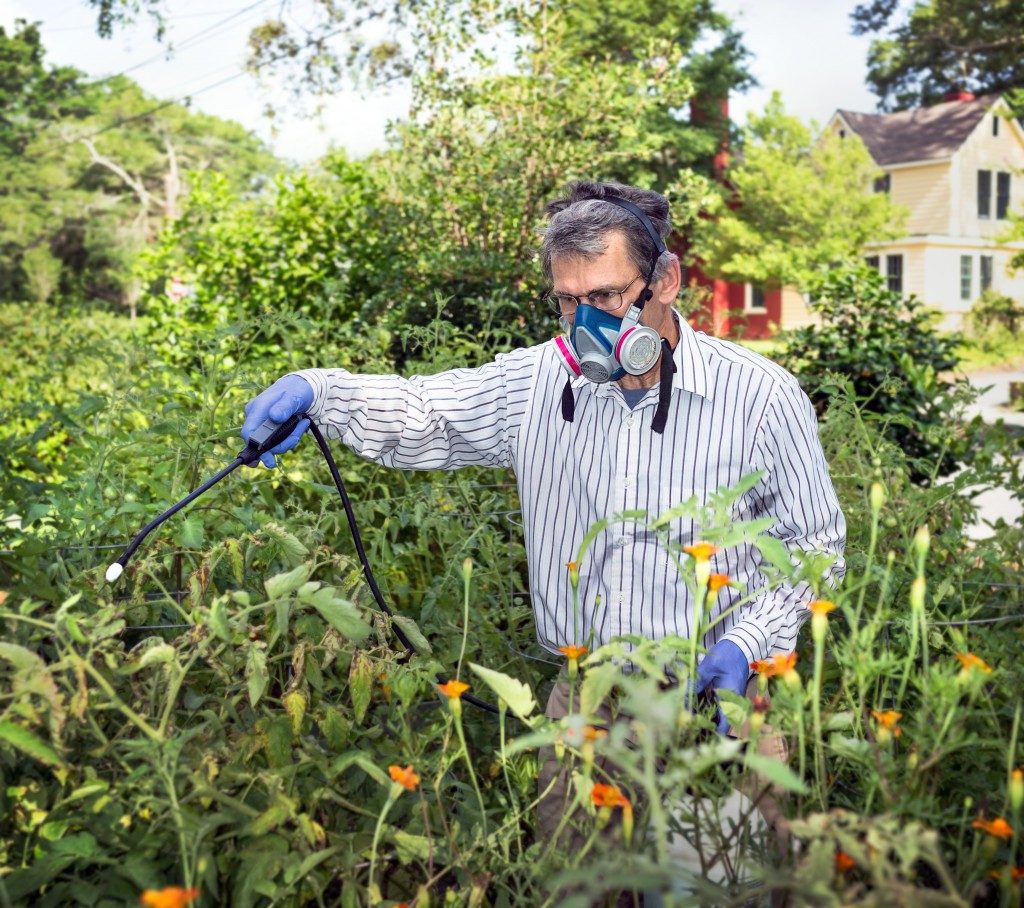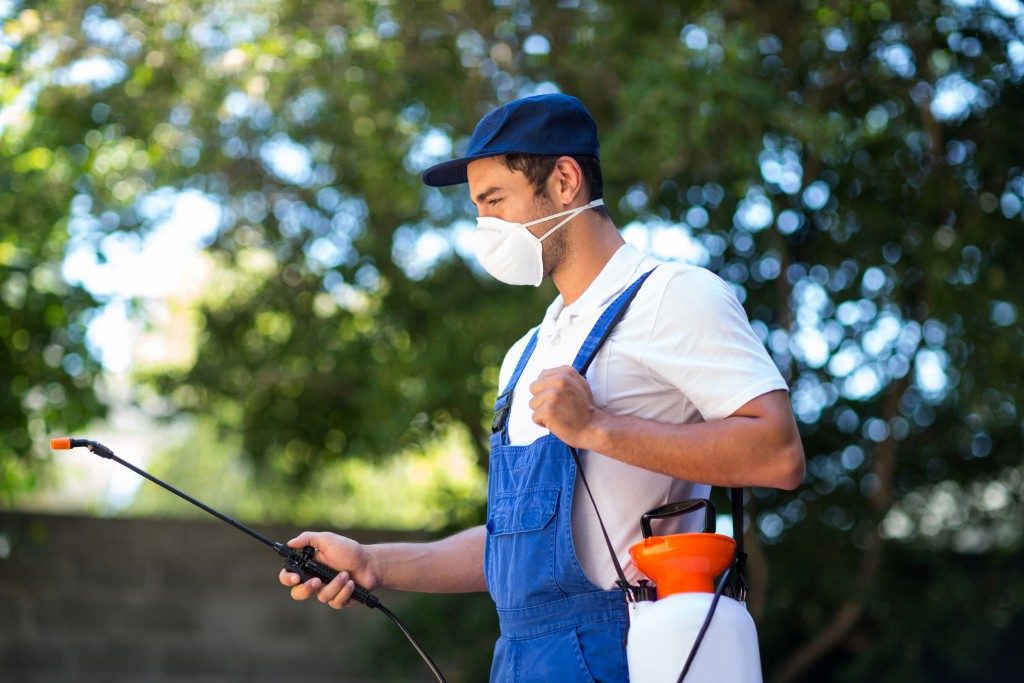Horticultural oils are oil-based pesticides. Compared to commercial pesticides, these oils are organic and cause no harm to the environment.
Horticultural oils made from refined petroleum products, like mineral oil, comprise the majority of oil-based pesticides today. There are also plant-based pesticides, like cottonseed, sesame, neem, and soybean oil, which work just as effectively as other horticultural oils.
Unlike chemically-treated pesticides, horticultural oils kill pests through suffocation. Its chemical composition is not toxic to the plant or the environment, making it safe to use. It also evaporates quickly, leaving no residue. So spraying your trees and plants with this oil-based pesticide may prevent the spread of harmful pests on your lawn or in your greenhouse.
Types of Horticultural Oils
Many types of horticultural oils exist, though their composition remains the same: plant-based or refined mineral oil. The difference lies in the application and in which season these oils work best.
Most mineral-based horticultural oils today are lightweight and refined. Dormant oils have a heavier composition and they work best when applied in the dormant stages of the plant. Dormant plants are those that haven’t bloomed yet, with closed buds but are relatively close to breaking. These plants have a higher tolerance for dormant oils, with no visible effects even at four times the amount of spray received.
Summer or dormant oils work best during the growing season, when foliage is at full bloom. Other oils are superior oils and supreme oils, which distill at higher temperatures and have a wider range covered when sprayed.
The Application of Horticultural Oils

Horticultural oils work best through direct application. Spraying the bug with horticultural oil prevents it from breathing and eating, so it suffocates and weakens. Spraying the nests and eggs of pests also reduce chances of hatching, killing these harmful insects before they are born. When you spray all the affected plants, trees, and shrubs with this pesticide, it will be an effective form of pest control.
Always read the label, however, as some plant-based pesticides might cause phytotoxicity. Phytotoxicity is a plant injury that happens when the sprayed plant reacts to a toxic compound contained in the pesticide. The leaves may burn, resulting in yellowish leaves; or worse, it could cause the leaves to rot.
Some plants are a lot more sensitive than others. Black walnut, cryptomeria, junipers, cedars, Japanese holly, red maples, smoke trees, and spruces are some of the more sensitive plants that you shouldn’t use plant-based horticultural oil on. Any other plant types, especially woody ornamental plants, can withstand a plant-based horticultural spray.
Horticultural oil effectively kills aphids, caterpillar eggs, leafhoppers, mites, scale insects, spider mites, thrips, and whiteflies. Though it is an effective pesticide, it is nonselective. Besides the pests, beneficial insects are also affected. Be mindful of application, and only spray those areas where pests burrow the most.
When applied accurately, horticultural oils are effective, greener alternatives to chemical-based pesticides. Read the label, apply in moderation during the right season, and be mindful of the plants you’ll spray with the mixture. By eliminating these pests, you’ll have a flourishing, healthy lawn.
